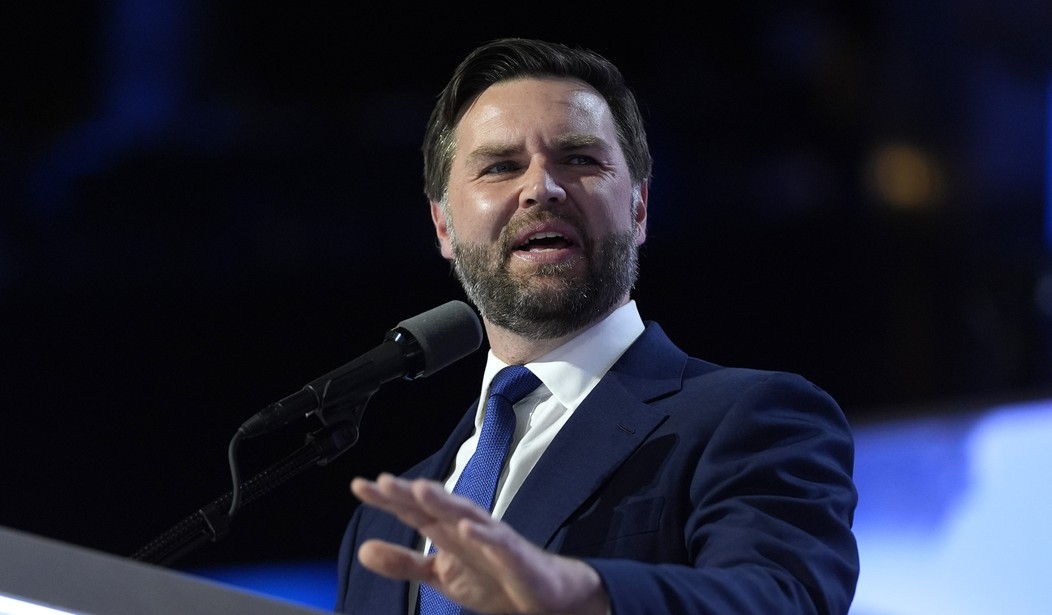If Donald Trump regains the White House, we’ll see enormous policy changes that will affect nearly everything about how our nation runs. In economic policy in particular, Trump and his advisors have signaled a 180-degree turn; they’re likely to slash corporate taxes, institute tariffs, reduce clean energy subsidies, and more. But in one area of economic policy, the selection of JD Vance as Trump’s vice-presidential running mate suggests that one area of current policy momentum may be maintained: aggressive corporate antitrust investigation and enforcement.
If the White House changes hands, there’s a real chance that we would continue to see strong government action against excessive market concentration — like this year’s high-profile lawsuit against Ticketmaster, after years of punitively high consumer fees and anticompetitive contract terms that have triggered a Senate hearing and an extensive Department of Justice investigation.
Antitrust enforcement is critically important to preserving the free market and protecting consumers, and Vance has been a strong advocate on the Republican side of the aisle. He’s not the only one, but he’s consistently been one of the most vocal, especially regarding Big Tech, and sitting on the House Banking and Commerce committees and the Joint Economic Committee has given Vance a platform to speak out.
He’s emphatically called for more aggressive action against tech giants and tight scrutiny of mergers, going so far as to demand a Google breakup. And his opinions on the subject are informed and nuanced, and rooted in his experience as a venture capitalist dealing with startups that had innovative products but no chance of growth in a market dominated by giants.
Vance acknowledges that organic factors like network effects have driven some of Big Tech’s growth, and that those effects do have some consumer and market value. But he also has said we need to “promote as much competition as possible and … separate all of these market verticals as much as possible.” He believes that when we evaluate the results of market concentration, we need to take into account not just the consumer economic impact, but also innovation, competition, and choice. This lines up with the FTC’s approach under current FTC Chair Lina Khan, whom he has called “one of the few people in the Biden administration that I think is doing a pretty good job.”
Recommended
Vance has taken aggressive positions on other market regulatory issues, too — and he’s collaborating with Democratic stalwarts like Sen. Elizabeth Warren of Massachusetts, who has spoken positively about their work together. In a financial system dominated by four behemoths, he’s called for a fairer playing field for smaller regional banks. He wants to reduce credit card merchant fees paid by small businesses. Working directly with Warren, he developed legislation to claw back compensation from bank executives if their banks fail. He’s also pushed to prohibit excessive airline fees and to improve rail safety.
The first Trump administration took a few strong stands against anticompetitive behavior, especially in Big Tech — including filing a blockbuster 2020 suit against Google for monopolizing search and online ads, which is currently awaiting a final ruling. But Khan and her Justice Department counterpart, Antitrust Division head Jonathan Kanter, have steeply stepped up investigation and enforcement. In addition to the lawsuit against Ticketmaster and its parent Live Nation, the DOJ sued Apple this year for monopolizing the smartphone market. The two agencies have reviewed thousands of merger transactions, confiscated wages stolen by too-big-to-regulate companies like Amazon and returned them to workers, shut down corporate conflicts of interest, and much more.
These might not be the kinds of policies you would expect from a Republican administration. But with Vance on the White House team, there’s a good chance we’ll continue to get them, because as antitrust analyst Matt Stoller has noted, Vance is not a typical Republican: “There’s a broad attempt to rethink the way that Republicans govern, and Vance is clearly a leader of that.” Vance would likely continue to be a strong advocate for keeping big companies from getting too big, protecting the ability of small companies to grow, enhancing consumer choice, and erecting regulatory guardrails against abuses. Greatly enhanced consumer and market protection has been one of the significant achievements of the last three years, and under Vance, we should see even more of it.

























Join the conversation as a VIP Member